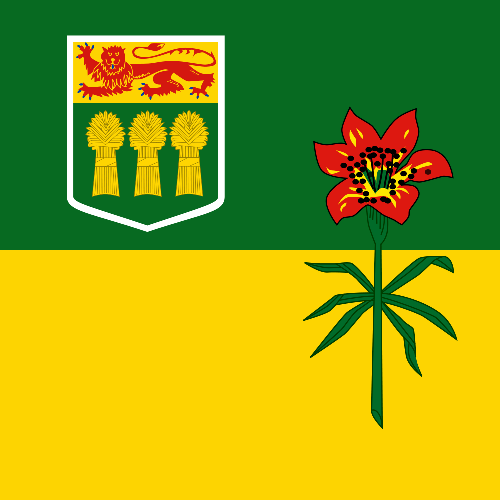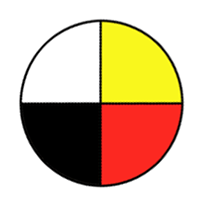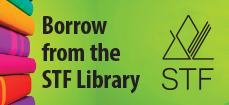Create dance compositions that express ideas and student perspectives on social issues (e.g., poverty, racism, homophobia, sustainability, gangs).
| (a) |
Use inquiry in dance to express student perspectives on social issues (e.g., poverty, racism, homophobia, sustainability):
|
| (b) |
Investigate how a single idea can be developed in many ways and directions (e.g., How many different ways can we represent through movement a feeling of hopelessness or anger about this injustice?). |
| (c) |
Reflect on how movement, dance elements, and principles of composition can be organized to convey meaning in dance (e.g., What message or ideas does our dance communicate about current attitudes towards poverty or racism?). |
| (d) |
Contribute to the creation of a plan to document the inquiry and creative process (e.g., video, photography, blog, or digital diary). |







In addition to supporting the Dance strand in the Arts Education curricula, this video could be used in Wellness 10 when discussing the impact of mental health on the wellbeing of self, family and community.
This is a particularly valuable resource for teachers who are working with at-risk students.

- Ask Artists Episode 4: “Speak Up” Spoken Word (Part 1: Meet The Artist) - Peace Akintade
- Ask Artists Episode 4: “Speak Up” Spoken Word (Part 2: Writing with Peace) - Peace Akintade
- Ask Artists Episode 4: “Speak Up” Spoken Word (Part 3: Performing with Peace) - Peace Akintade
- Ask Artists Episode 4: “Speak Up” Spoken Word (Part 4: Perspective with Peace) - Peace Akintade
- Ask Artists Episode 6: “Move It” Movement (Part 1: Meet The Artist) - Mitchell Larsen
- Ask Artists Episode 6: “Move It” Movement (Part 2: Getting Comfortable with Movement) - Mitchell Larsen
- Ask Artists Episode 6: “Move It” Movement (Part 3: Creating a Dance) - Mitchell Larsen
- Ask Artists Episode 6: “Move It” Movement (Part 4: Dance Performance) - Mitchell Larsen




This document will assist individuals and communities to engage in meaningful discussions and actions to respond to the experiences, perspectives and needs of students and families who are gender and/or sexually diverse (GSD).
Content includes:
- Gender and Sexual Diversity
- First Nations and Métis Ways of Knowing
- Assumptions, Privilege and Oppression
- Comprehensive School Community Health (CSCH)
- CSCH Approach to Creating Inclusive Schools





